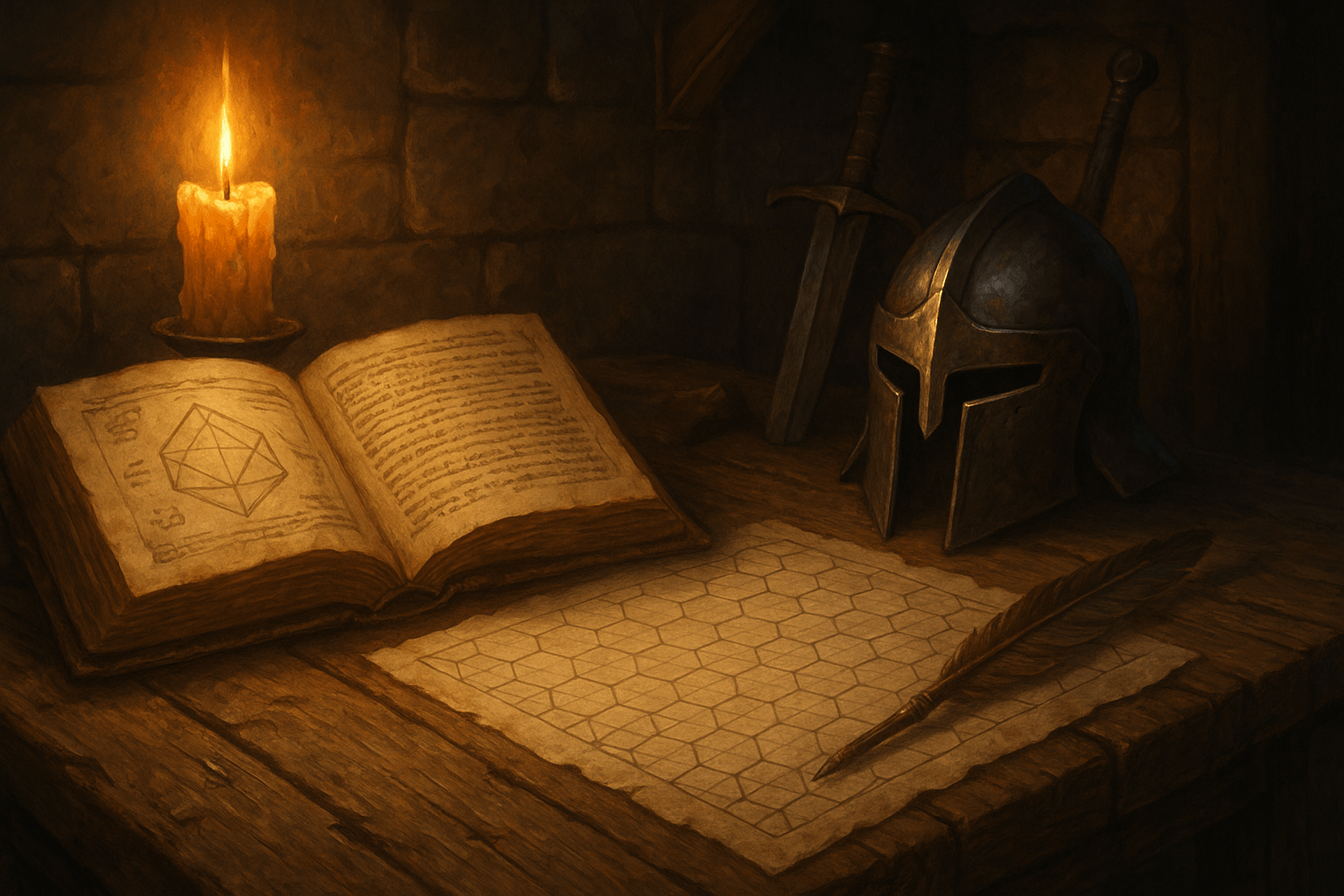
Top Dice for Tabletop Games: From D&D to Pathfinder and Beyond
 When it comes to tabletop roleplaying games (TTRPGs), your dice are more than just a random number generator, they’re the physical embodiment of suspense, chaos, triumph, and tragedy. Whether you're new to the scene or a veteran Game Master, having the right dice for your system is essential.
When it comes to tabletop roleplaying games (TTRPGs), your dice are more than just a random number generator, they’re the physical embodiment of suspense, chaos, triumph, and tragedy. Whether you're new to the scene or a veteran Game Master, having the right dice for your system is essential.
In this guide, we’ll explore the top dice for tabletop games across popular systems like Dungeons & Dragons, Pathfinder, Call of Cthulhu, and more. You’ll discover how to choose dice that enhance gameplay, match your style, and help you roll with confidence and flair.
Why the Right Dice Set Matters
While any basic polyhedral set might technically get the job done, having the right dice for your game:
-
Speeds up gameplay by giving you the tools you need
-
Adds flavor and immersion to your character or campaign
-
Helps you stay organized by system or class
-
Makes rolling feel exciting, not just mechanical
Let’s break down which dice sets work best for different systems, and the features that make them stand out.
What Makes a Great Dice Set for TTRPGs?
No matter the game system, high-quality dice should offer:
✅ Readability
-
High-contrast inking and clear fonts are essential.
-
Avoid super-stylized or low-contrast sets if your lighting is dim.
✅ Balance
-
Well-balanced dice roll fairly. Handmade sharp-edged resin and precision metal dice are ideal.
✅ Durability
-
Metal, resin, and gemstone dice each have strengths, choose based on your needs and care preferences.
✅ Style
-
Color schemes, inclusions, and materials can reflect your character, game world, or vibe.
Now, let’s dive into dice needs by game system.
Dungeons & Dragons (5e and beyond)
Dice Needed:
-
Standard 7-piece polyhedral set: d4, d6, d8, d10, d%, d12, d20
-
Bonus d20s or d6s: For advantage/disadvantage or high-damage spells
Best Dice Types:
-
Resin with vibrant color themes, match your class or setting
-
Metal dice for impact and gravitas during boss fights
-
Sharp-edged or liquid core dice for high-magic or arcane characters
Tip: Consider themed dice for each character (rogue = black/red, cleric = white/gold).
Pathfinder 2e
Dice Needed:
-
Same as D&D: Standard 7-piece set
-
Additional d20s and d6s helpful for damage rolls and reaction checks
Best Dice Types:
-
High-readability dice Pathfinder is mechanically dense
-
Multiple d20s in different colors to track attacks, effects, and rolls
-
Class or ancestry-themed sets to reflect flavor and abilities
Tip: Get a second color-coded set for GM use or companions/familiars.
Call of Cthulhu (CoC)
Dice Needed:
-
d10s and percentile d10s (lots of them)
-
Optional: d6, d8, and d20 for some scenarios
Best Dice Types:
-
Dual d10 sets or sets with high-contrast percentiles
-
Horror-themed styles, smoke swirls, blood-red resin, antique finish
-
Muted or spooky aesthetics enhance immersion in horror storytelling
Tip: Look for sets where the percentile die stands out visually for fast identification.
Shadowrun
Dice Needed:
-
LOTS of d6s — often 6–12+ per roll
-
Standard polyhedral set optional but not central
Best Dice Types:
-
Bulk d6 sets in matching or contrasting colors
-
Precision d6s with easily visible pips or numerals
-
Cyberpunk-themed designs with bold neon colors or metallic edges
Tip: Color-code sets to track primary rolls vs. glitch dice.
Vampire: The Masquerade (V5)
Dice Needed:
-
Sets of d10s, typically 10 dice per player for skill checks
Best Dice Types:
-
Sleek black, red, or blood-themed sets
-
Custom V5-compatible dice with Hunger icons (if available)
-
Clear and bold numeral design for tense checks
Tip: For narrative flair, use thematic metal or translucent red-black swirl sets.
Other Narrative Games (FATE, Fiasco, etc.)
Dice Needed:
-
FATE: Four FUDGE dice (special d6 with +, –, blank)
-
Other systems: Standard d6s or narrative-tied dice
Best Dice Types:
-
Minimalist or thematic designs
-
Custom etched symbols (if system-specific)
-
Sets that fit the game’s tone (e.g., noir, comedic, historical)
Tip: Some indie games include branded or custom dice, but you can always improvise with stylized d6s.
Universal Dice Considerations
Not sure which system you’ll be playing? Here’s how to future-proof your dice choices:
Build a Starter Collection
-
At least 2 standard 7-piece sets
-
Bulk d6 pack (12 or more)
-
Spare d10s and d20s
Think Multi-Use
Choose styles that work across genres, galaxy resin sets, sleek metals, or translucent earth tones all fit in fantasy, sci-fi, or horror.
Prep for GMing
If you run games, consider:
-
Separate dice for monsters/NPCs
-
High-visibility sets for quick reference
-
“Boss battle” dice (oversized d20s or themed intimidation dice)
Dice Styles That Fit Your Tabletop Personality
|
Player Type
|
Recommended Dice Style
|
|
The Strategist
|
Clear, high-contrast resin or metal
|
|
The Storyteller
|
Thematic sets (e.g. celestial, haunted)
|
|
The Aesthetic Roleplayer
|
Sharp-edged glitter, custom inking
|
|
The Collector
|
Limited editions, gemstone, handcrafted sets
|
|
The Minimalist
|
Neutral-tone resin with basic fonts
|
|
The Chaos Gremlin
|
Liquid core, rainbow glitter, novelty dice
|
Accessories to Boost Your Game
To enhance dice performance and care across systems:
-
Dice Trays: Protect tables, reduce noise, and control rolling space
-
Dice Vaults: Keep collector dice safe and portable
-
Display Boxes: Great for collectors or players with multiple characters
-
Organizers: Perfect for GMs and system-hoppers
Bonus Tip: Label your dice or storage for easy access by game type!
Final Thoughts
From eldritch horror to intergalactic warfare, every tabletop game has its own rhythm, and your dice should keep up. Choosing the top dice for tabletop games isn’t about having the most, it’s about having the right ones for your playstyle, your system, and your story.
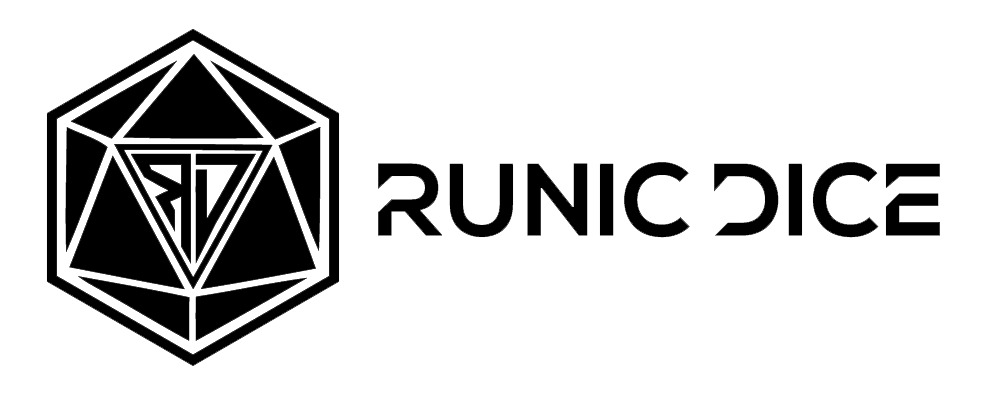
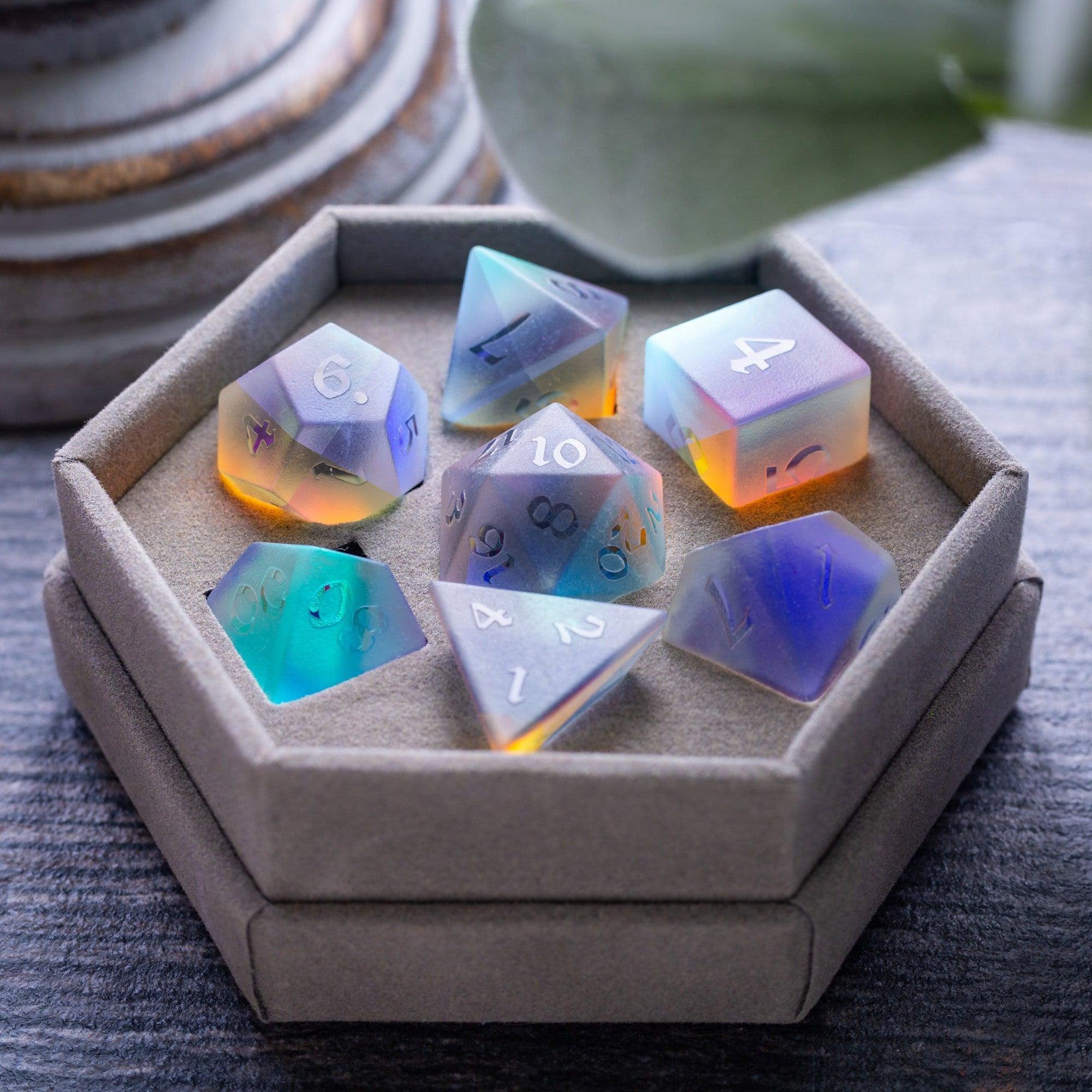
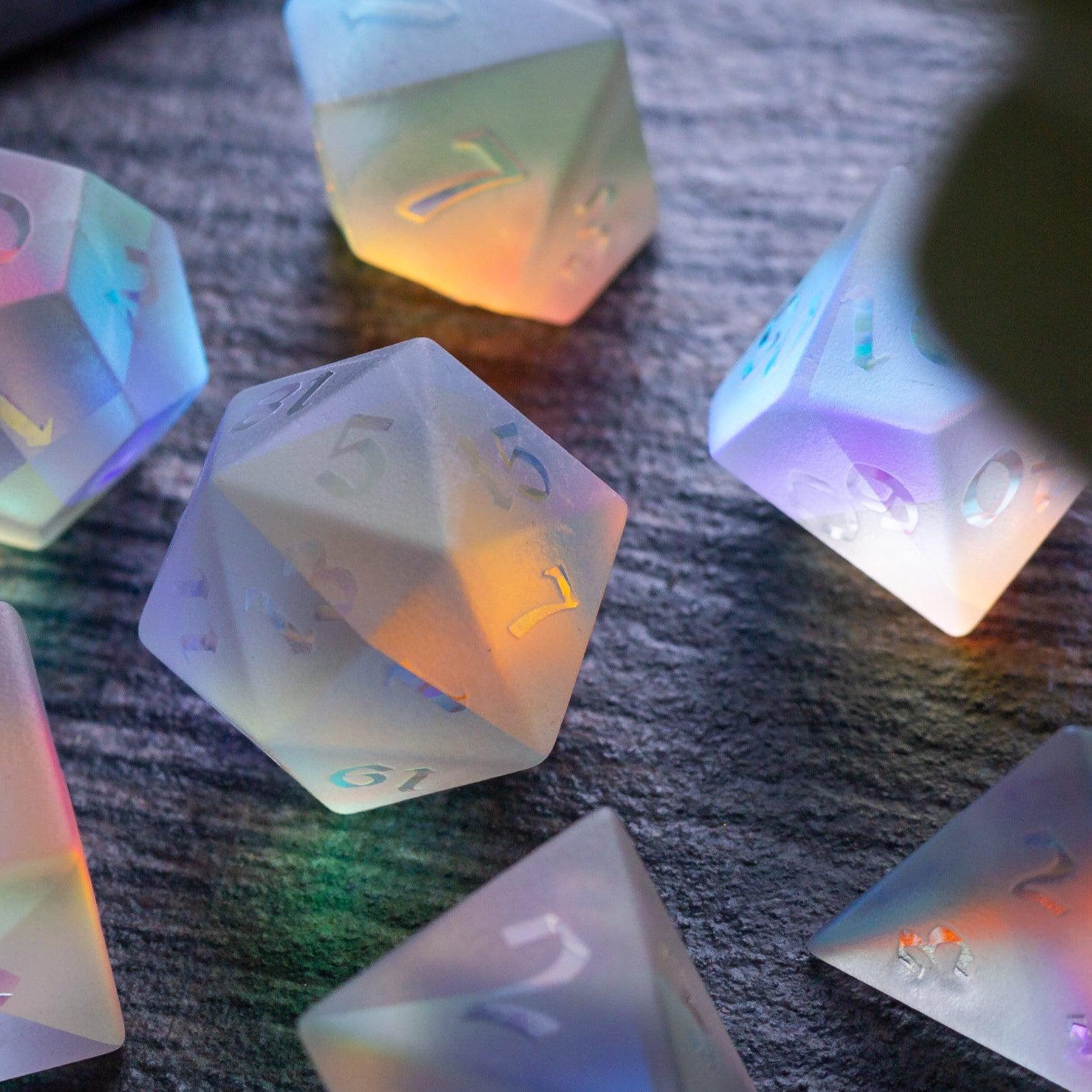
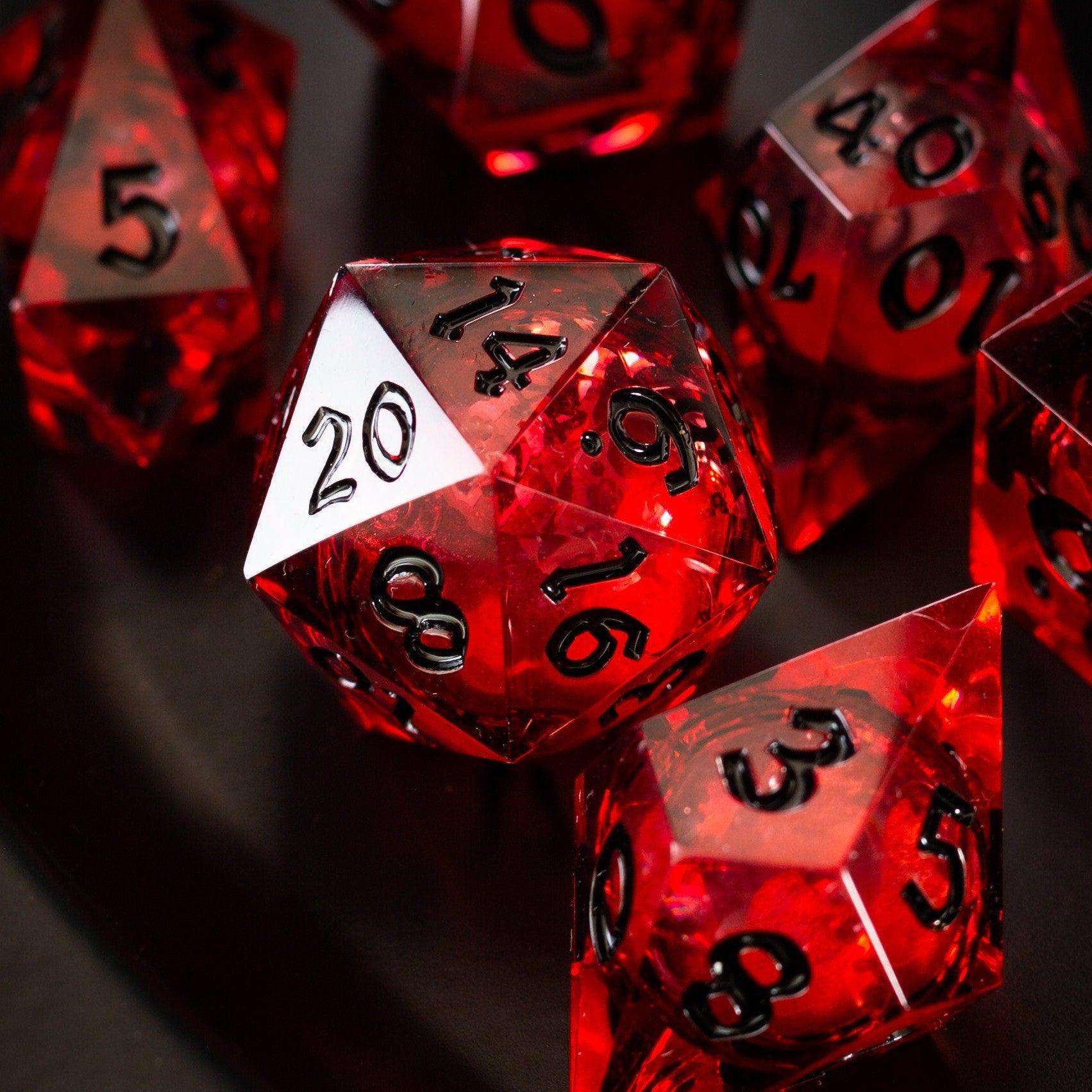
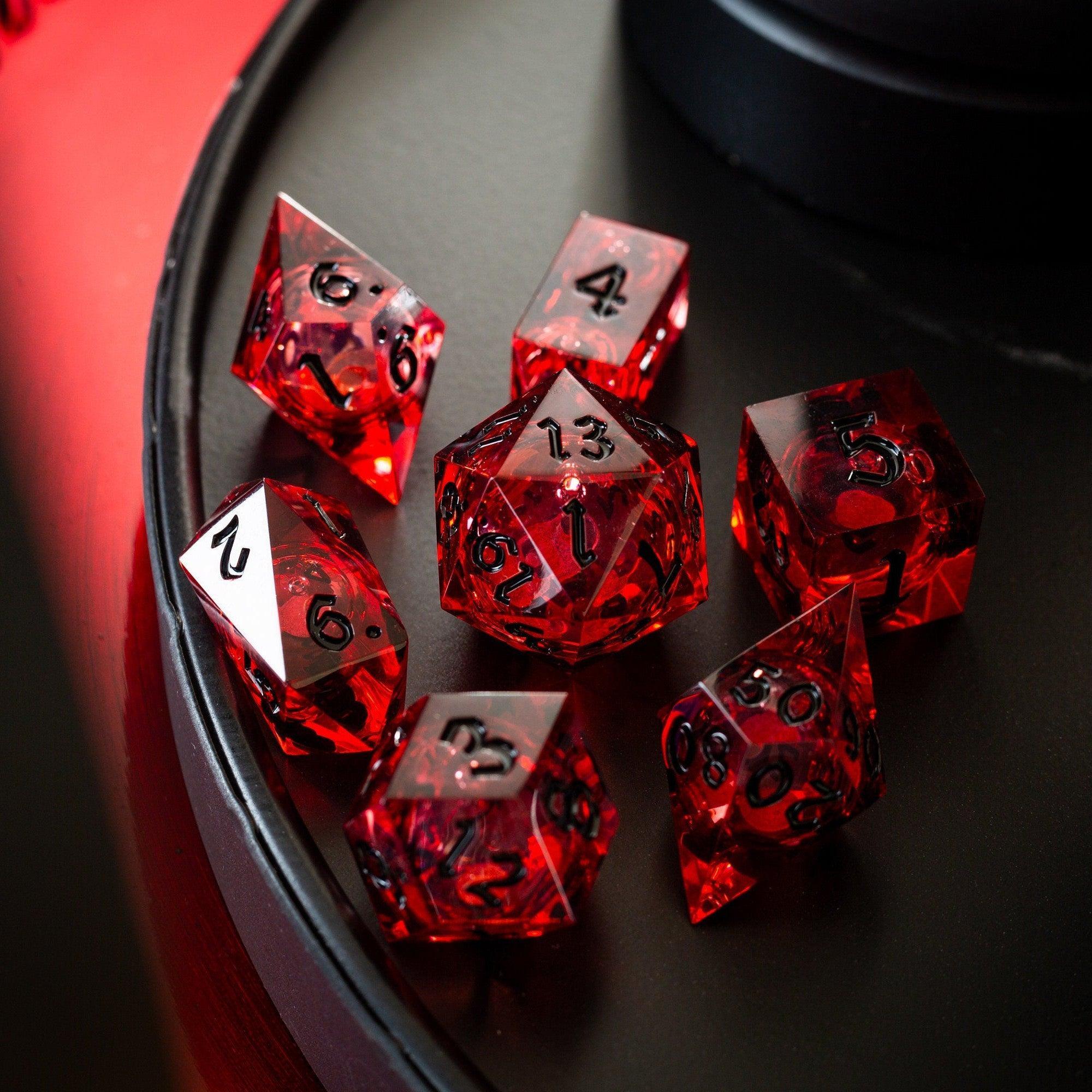
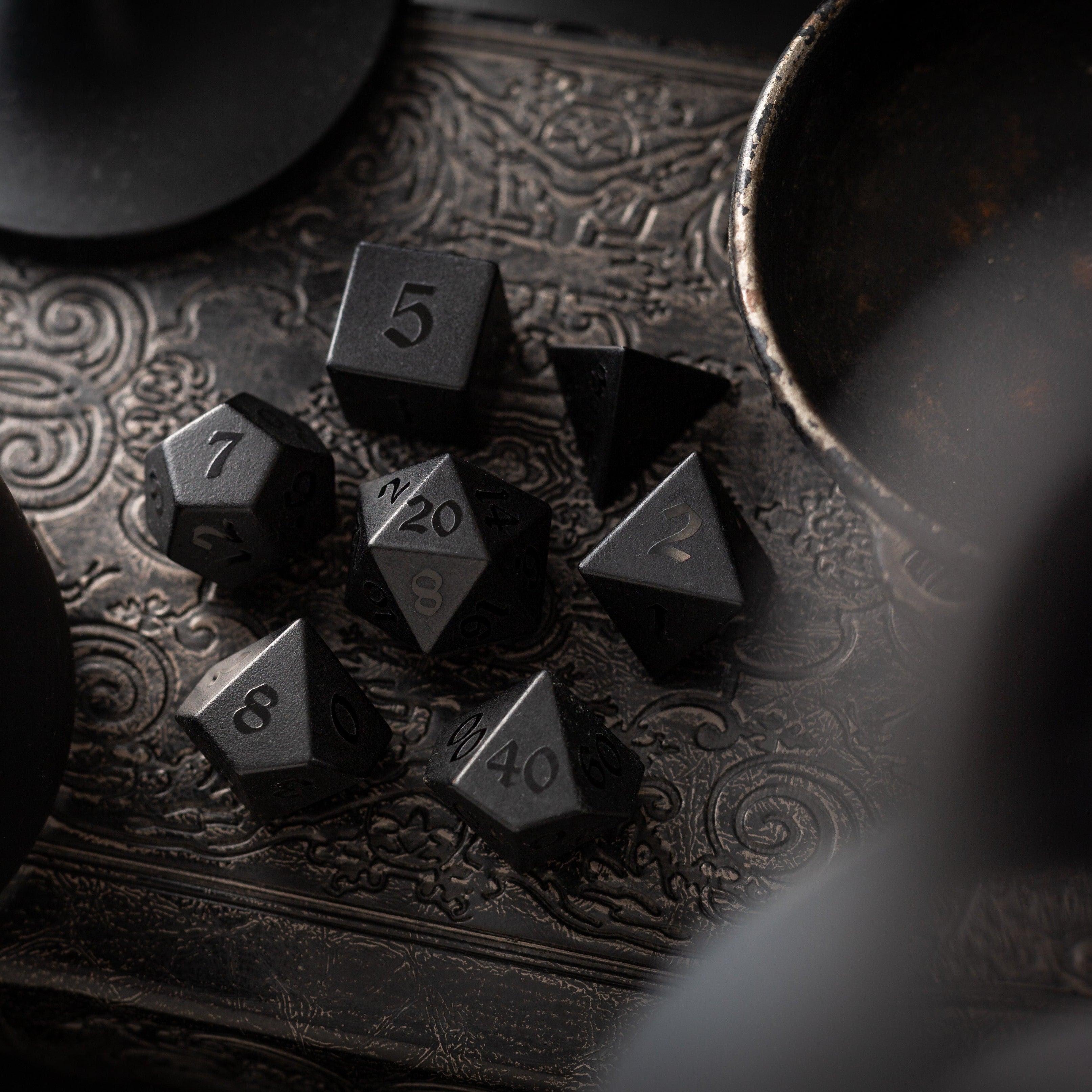
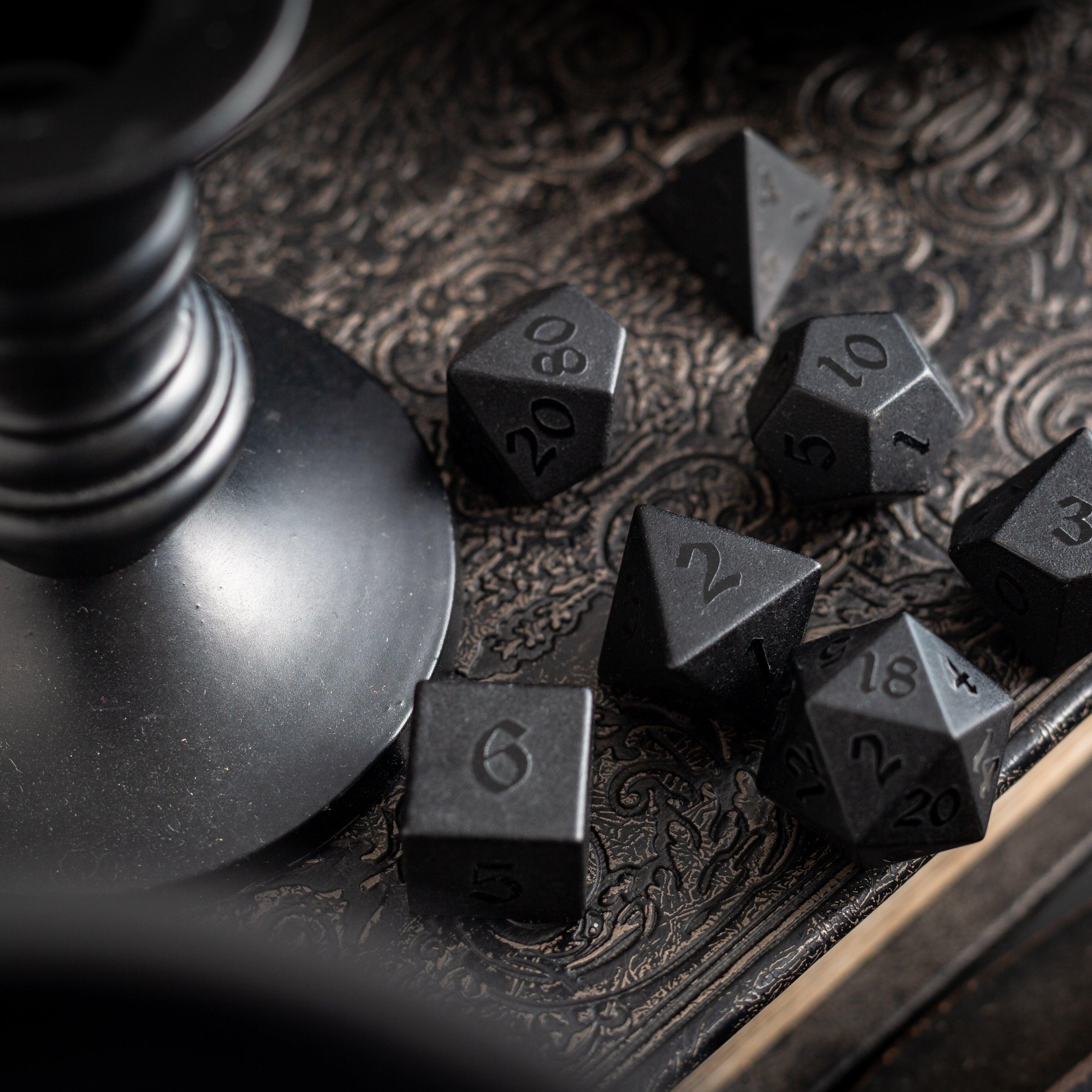
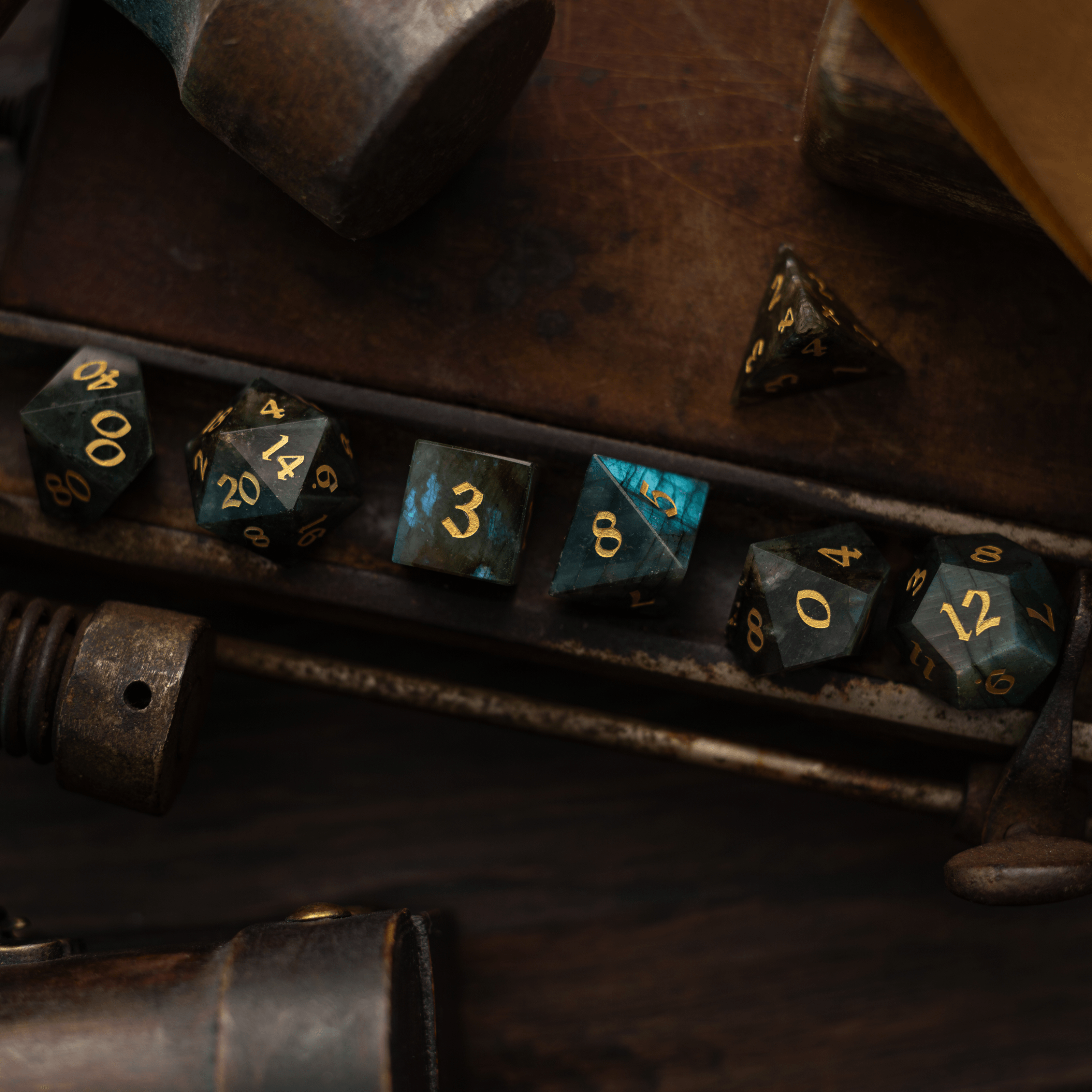
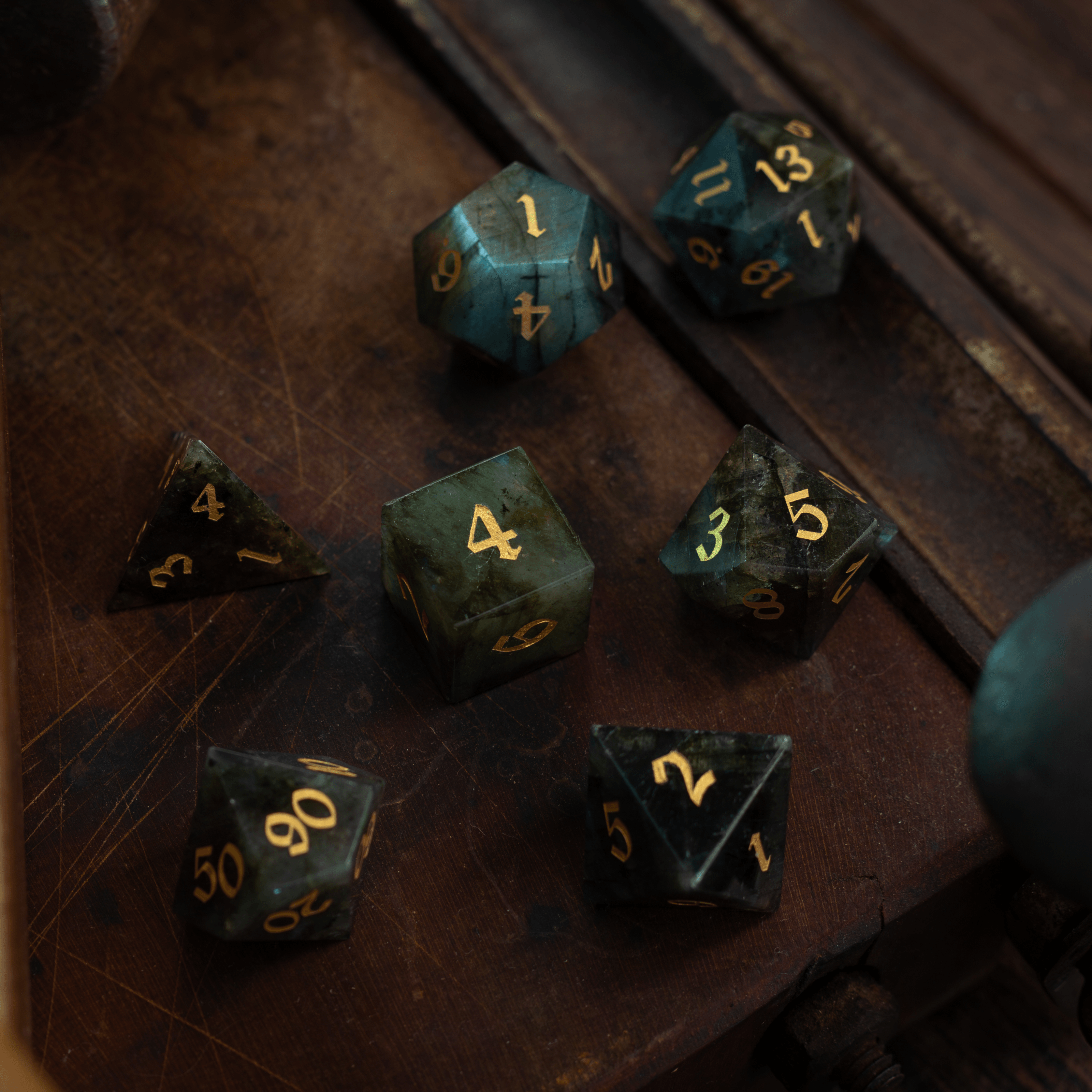
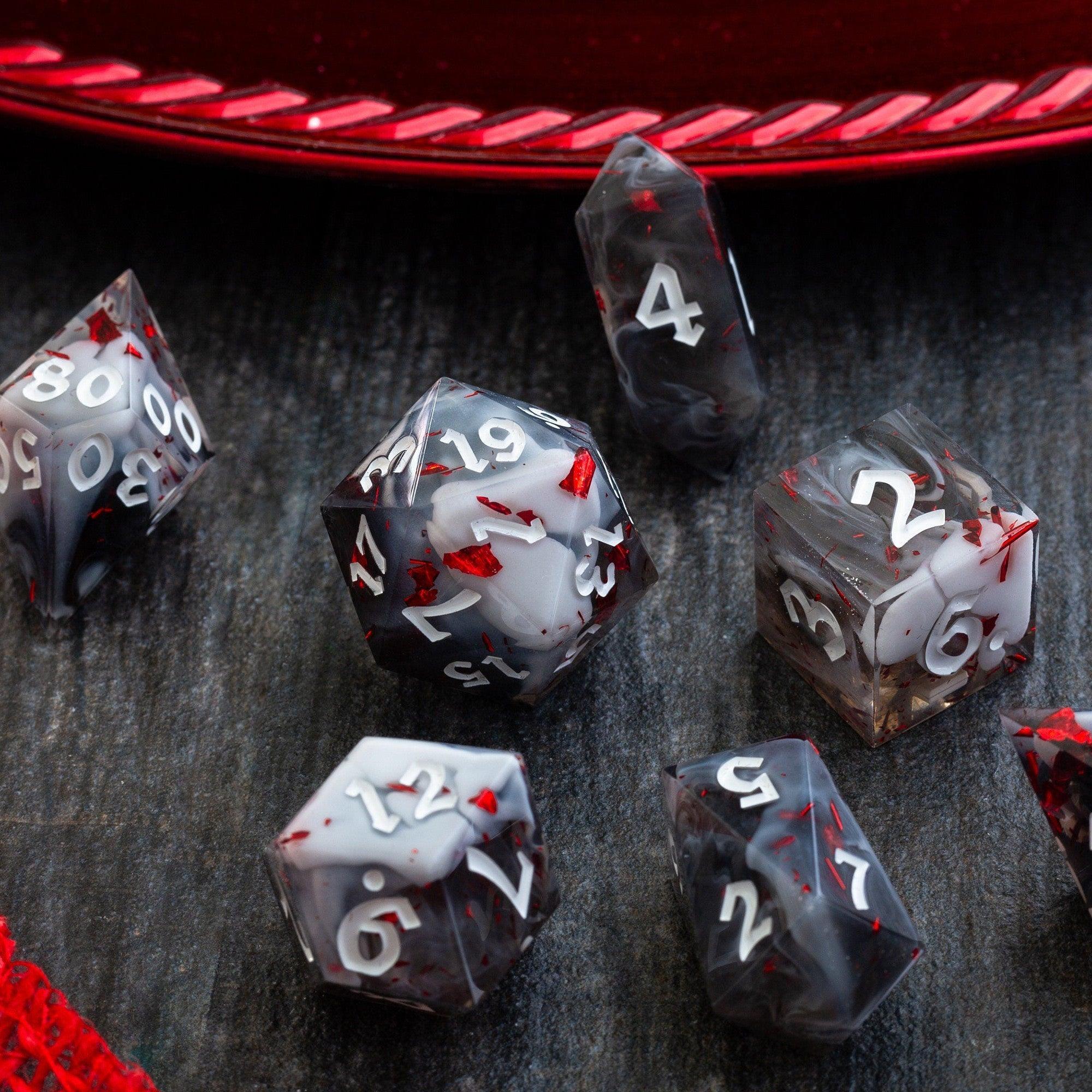
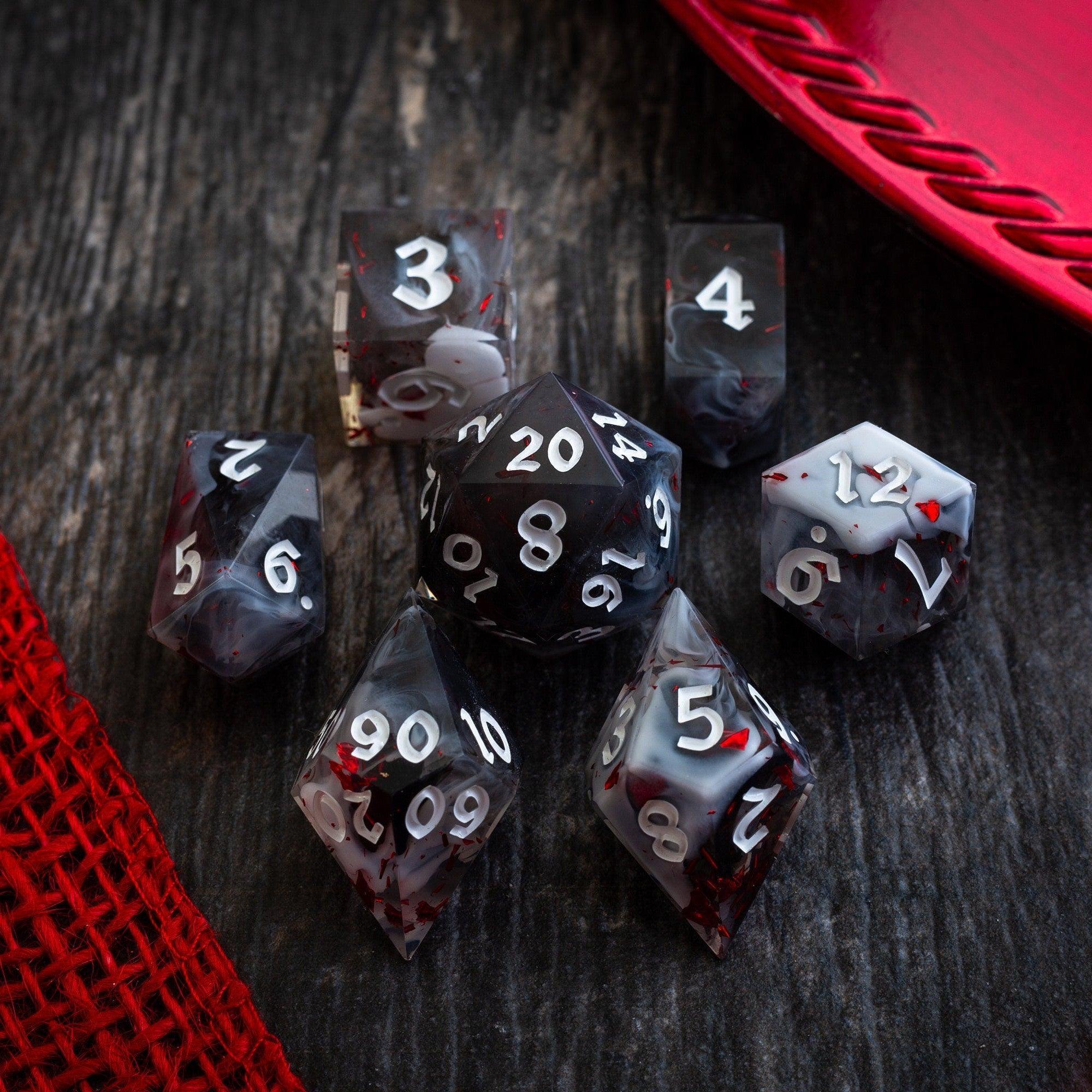
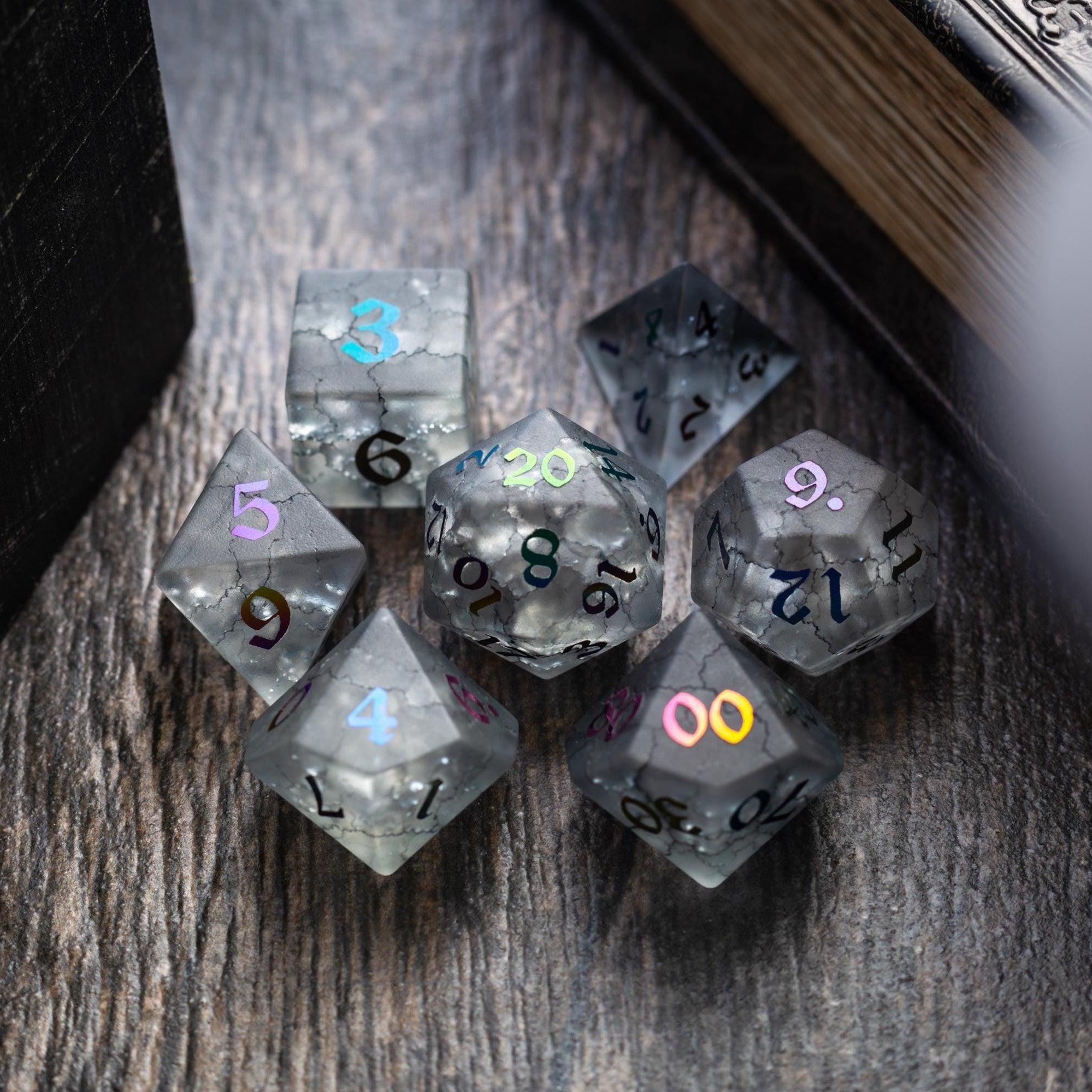
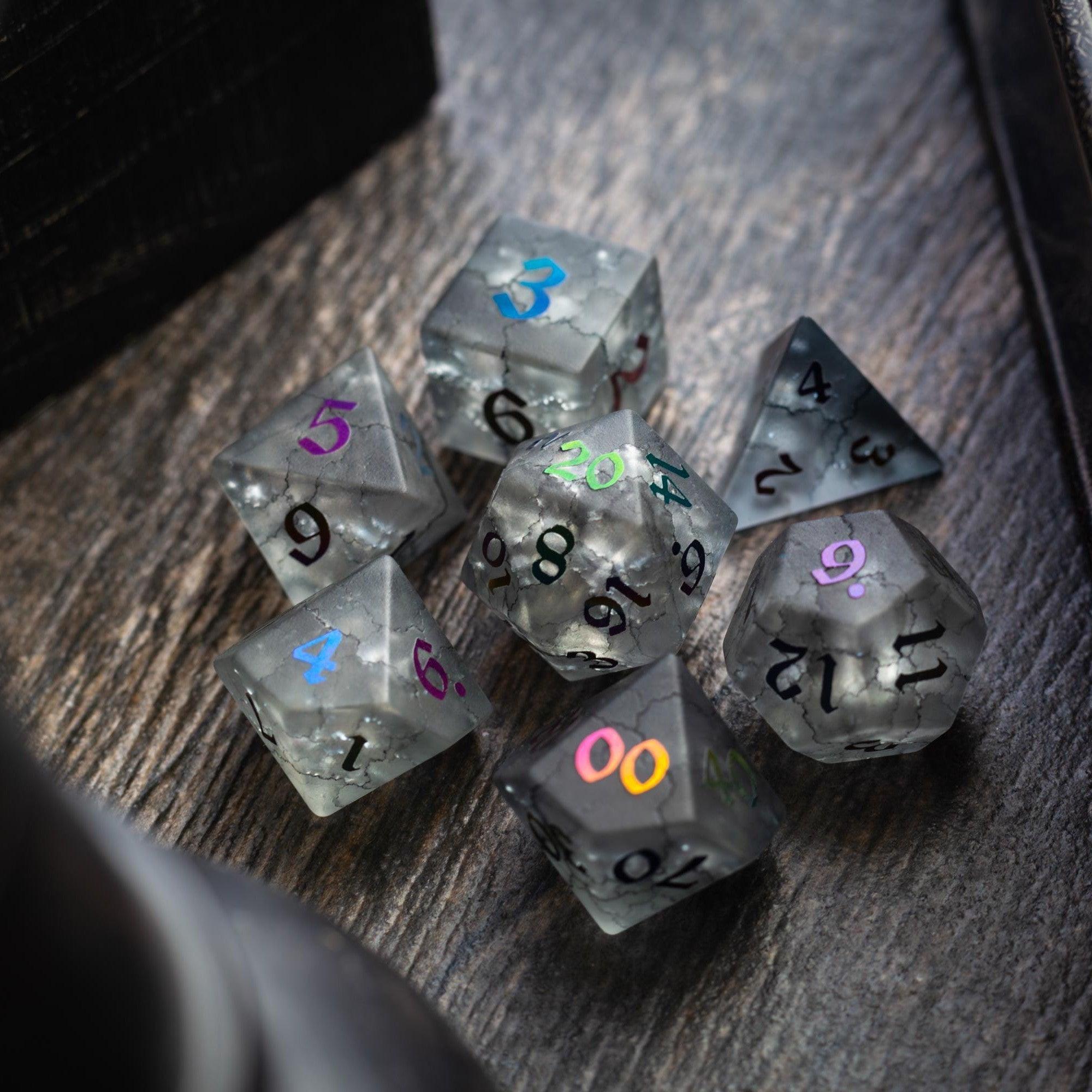
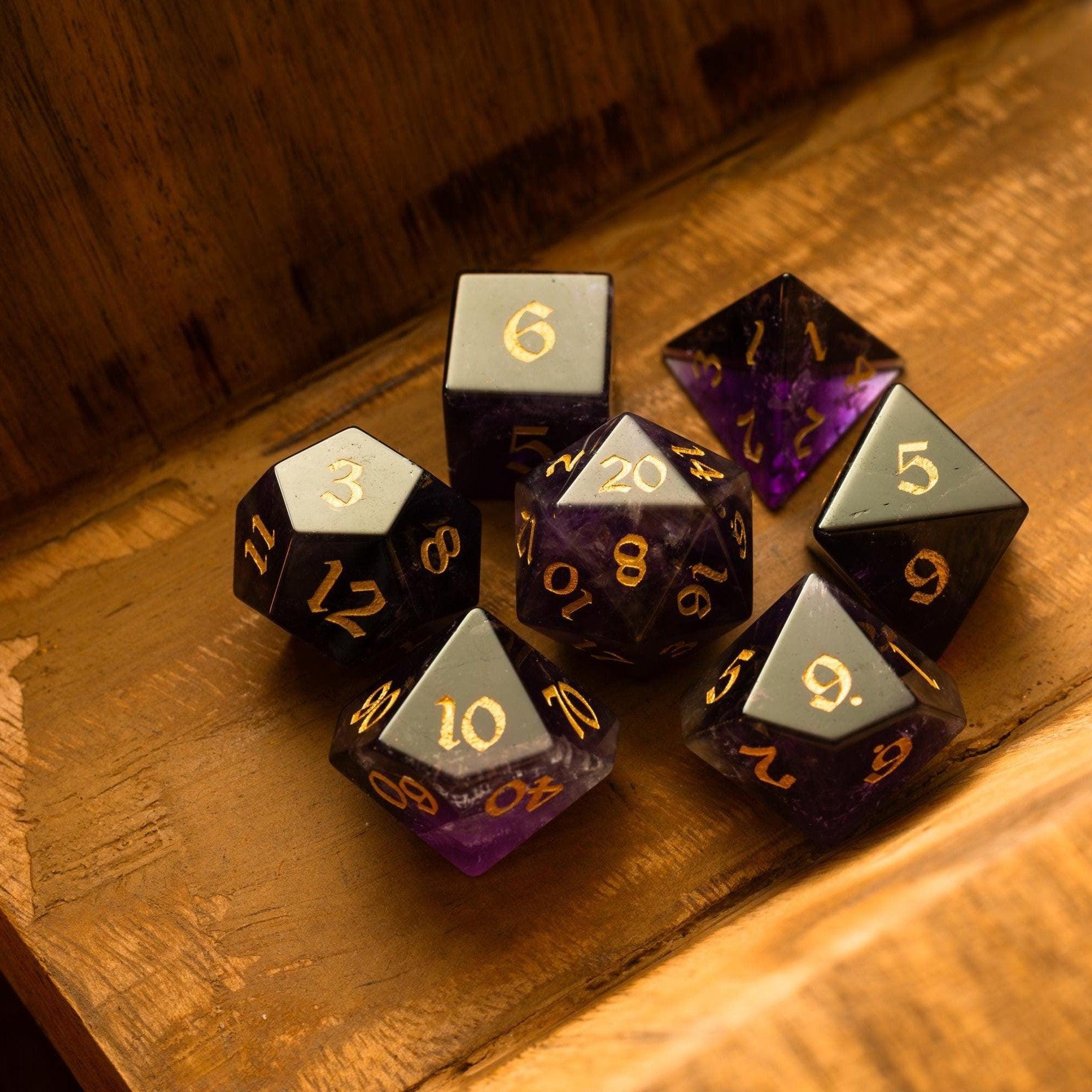
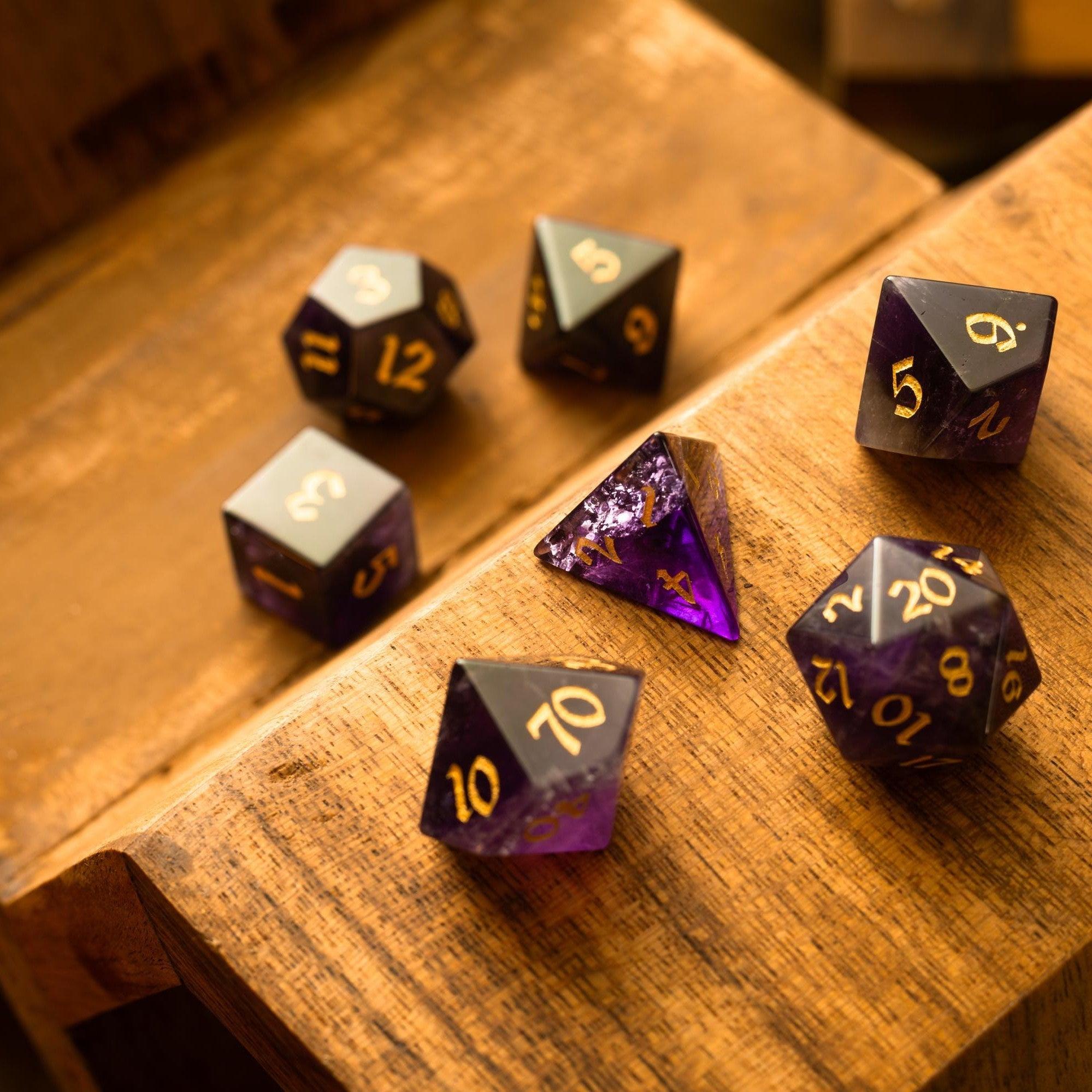
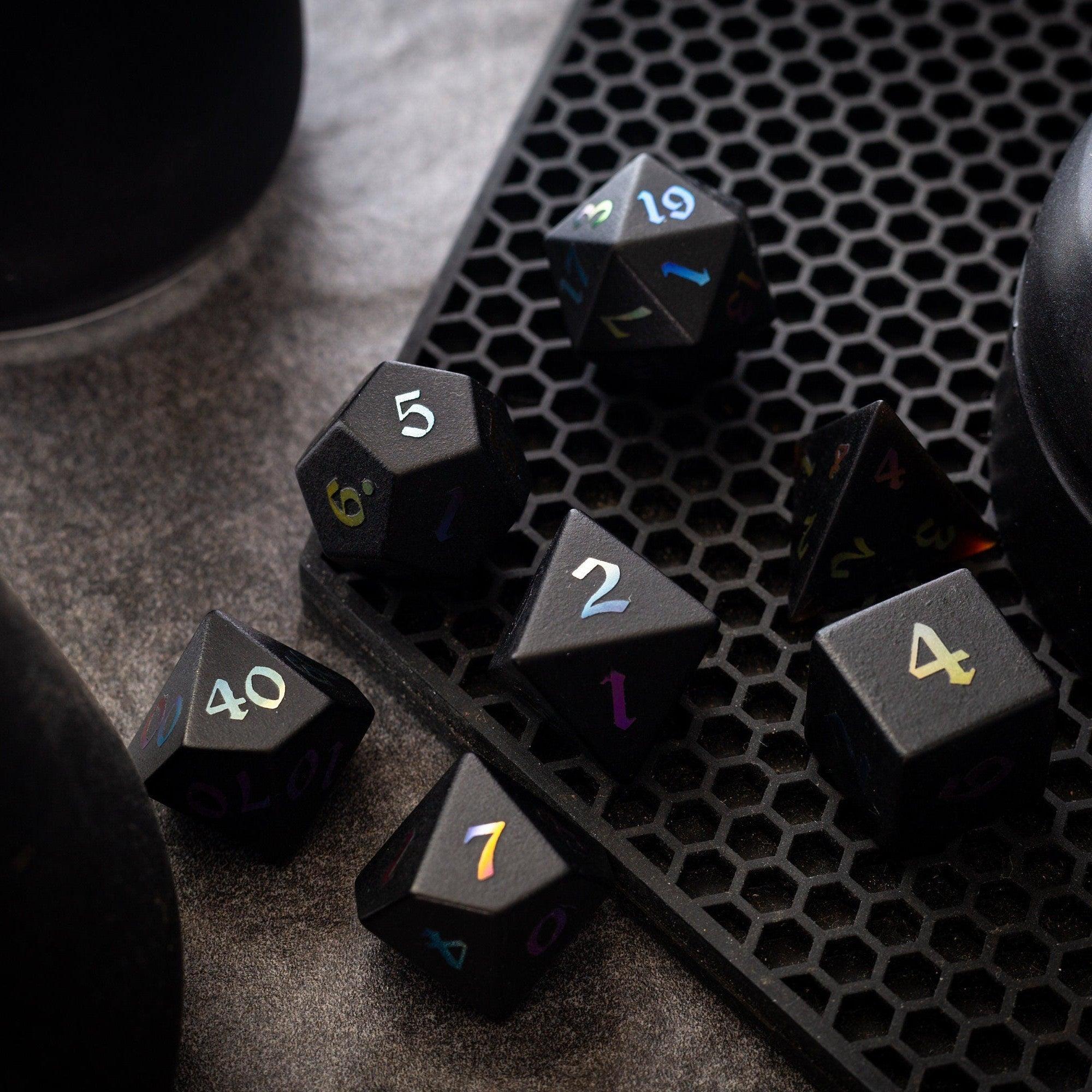
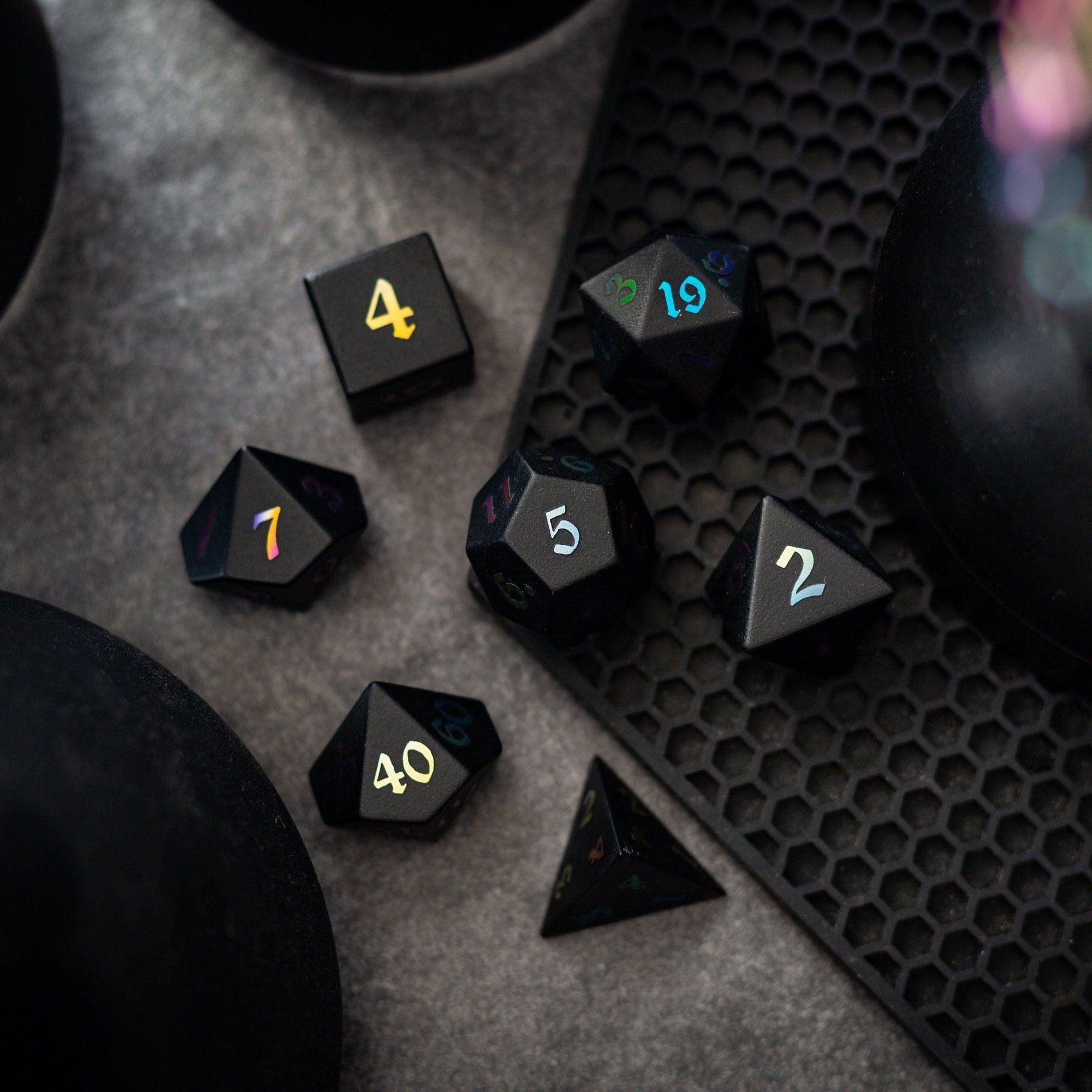
Leave a comment
This site is protected by hCaptcha and the hCaptcha Privacy Policy and Terms of Service apply.